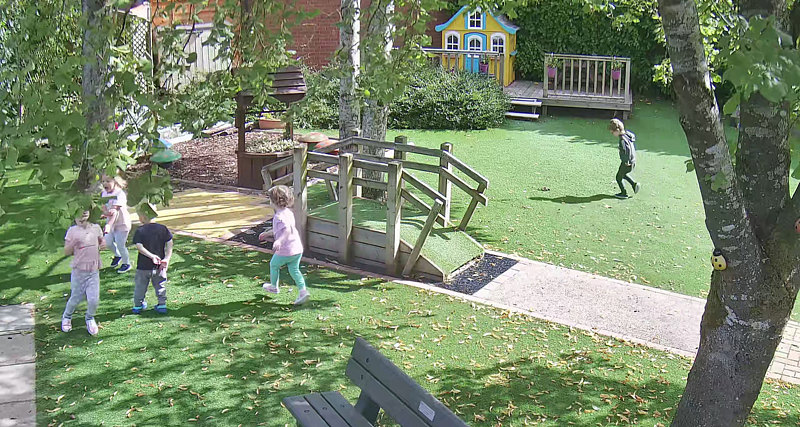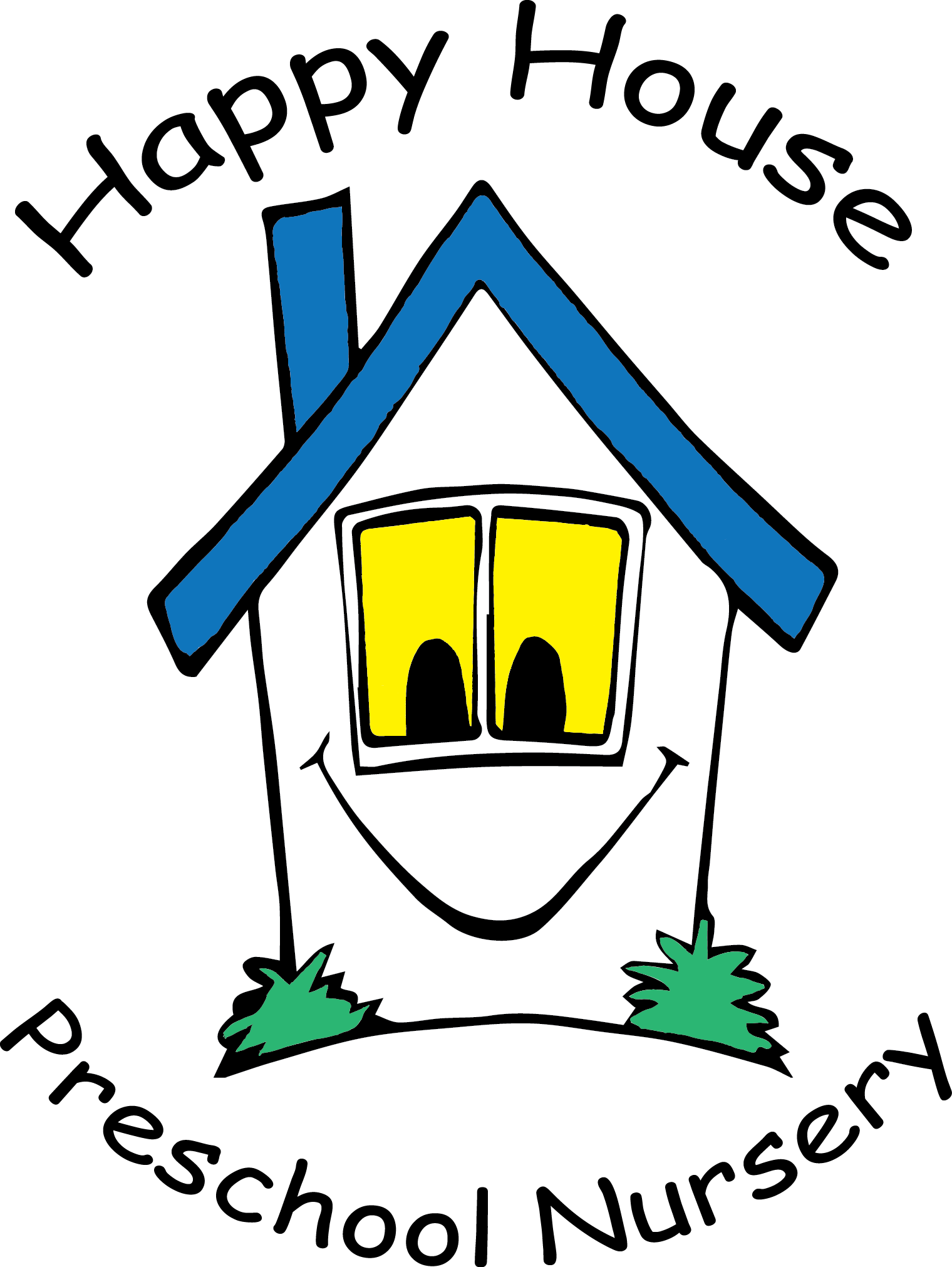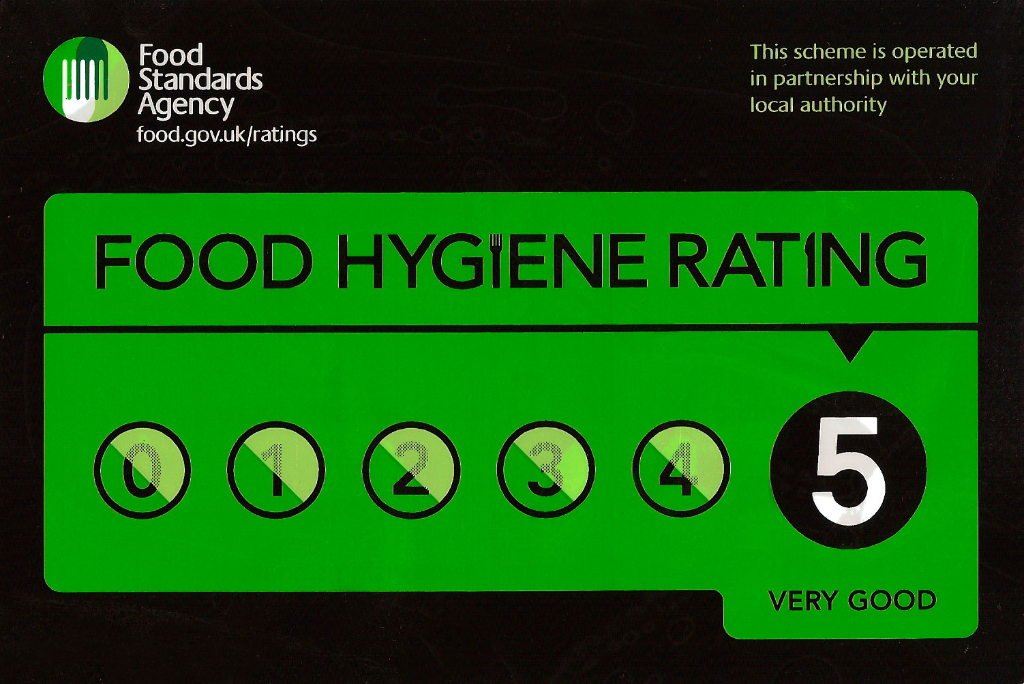
September 2022 news letter
Hi everyone
Welcome to my latest newsletter, Well I can’t believe we now entering September and it is the start of the new academic year.
Nurseries Autumn term starts on the 1st September and it is a sixteen-week term.
We will then remain open until Thursday the 22nd of December which will be the last day of nursery before Christmas Holidays.
The Christmas Party will be on that Thursday (22nd December more information to follow in the next newsletter)
Nursery News
Suncream
As you will all be aware the weather has been extremely hot lately and although it is not as hot now the UV levels still remain high some days. So could I please remind everyone to ensure that they apply suncream before your child comes into nursery if the weather forecast predicts moderate to high levels of UV rays or send them with a light weight jacket so they are covered up. We will top up suncream during the day if the weather necessitates and your child attends full day sessions.
Policy reminders
The nursery has several policies and procedures that we work within and because of all the recent bugs and infections that the children seem to be catching I felt it may be beneficial for our parents to have an overview of policies that are relevant to illness:
It is nursery policy that we will not administer any medication unless it has been prescribed by a doctor, however, if your child is teething and gets extremely upset or they develop a temperature we will ring you for your permission to administer Calpol to relieve their symptoms until you can collect them
If your child is prescribed medication they need to have been on this for 48 hours before we can administer any doses at nursery so we know your child has not had an allergic reaction.
If your child has sickness or diarrhoea they must be kept off nursery for 48 hours after their last occasion of sickness or loose motion
If your child has a contagious infection such as tonsilitis, chicken pox etc. please ask us for the exclusion period as this is different depending on the type of infection
Progress Reports
As part of our on-going observations of your child’s development you will receive a termly report for the summer term. Our school leavers have all had their transitional reports and this week we will be handing out nursery & our new pre-schooler reports. When you get your report there will also be a separate sheet which is a comment sheet. You can write any thoughts etc. that you have regarding your child’s progress and then please send this sheet back so your child’s keyworker can keep this in your child’s file
Nursery Focuses
Phonics
Phonics is an important part of the EYFS curriculum which we focus on throughout your child’s time at the nursery. Phonics is the method that we use and primary schools will use to teach your child to read and write. Phonics works by breaking each word up into its individual sounds before blending those sounds back together to make the word. Children learn to 'decode' words by breaking it down into sounds rather than having to memorise 1,000's of words individually. Research has shown that phonics, when taught correctly, can be the most effective way of teaching children to learn to read. The sounds are taught from easiest to hardest: starting with single letter sounds and then moving on to two letters making a sound and then three and so on. Learning phonics and learning to read is one of the most important stepping stones in early education as it gives your child the skills they need to move forward in every subject, you simply cannot progress without it.
In reception and years one and two your child will be taught through one of a range of systematic synthetic phonics (SSP) teaching programmes that they have chosen to use but all these teaching programmes follow the same principles of how phonics language is taught.
Phonics Terminology
· Phoneme – a single sound
· Grapheme – the written form of the sound e.g., a letter/letters
· Digraph – two letters that make one sound
· Trigraph – three letters that make one sound
· Blending – putting sounds together to read a word
· Segmenting – splitting up sounds to spell a word
We introduce the basic first steps of phonics using a combination of the letters and sounds SSP programme and Twinkl phonics which we use to introduce the recognition of the Phoneme (the sound) and link this sound to the Grapheme (the letter) Once you child has mastered the phoneme and can link it to it’s corresponding grapheme your child will be ready to start blending (putting sound together to read a word, your child will usually start to learn this in their reception year).
There is an excellent example for learning letter sounds on YouTube, if you google Jack Hartman Alphabet songs you will be directed to his videos on the kids music channel which introduce a range of phonics and numbers. You can view the video without subscribing but there are adverts which you have to skip.
Autumn Term Learning Focus
Under Three’s
Mathematical
‘Notice patterns and arrange things in patterns’
Understanding the World
‘Make connections between the features of their family and other families’
‘Notice differences between people’
Over Three
Mathematics
‘Talk about and explore 2D and 3D shapes (for example, circles, rectangles, triangles, and cuboids) using informal and mathematical language: sides, corners, straight, flat, round etc.’
Solve real world mathematical problems with numbers up to five (for example there are four of you, but there aren’t enough chairs …..)
Understanding the World
‘Continue developing positive attitudes about the difference between people’
‘Know that there are different countries in the world and talk about the differences they have experienced or seen in photos’
‘Know that there are different countries in the world and talk about the differences they have experienced or seen in photos’
Stories to support Differences:
Rameena’s Ramadan: explains the tradition of Ramadan and giving
A Festive Feast: Christmas might be spoilt because of an electricity cut, how can it be saved
Dipals Diwali: A little boy can’t wait to share his little brothers first festival of lights
Patcho & Pigeon: save the ice cream festival
Amazing Grace: Grace wants to be play Peter Pan in the school play, but Grace’s friends tell
Her she can’t be Peter Pan because he wasn’t black and he was a boy not a
Girl
All Kinds of Beliefs: explains how people wear different kinds of clothes, pray in different
Ways and in different places, but everyone is special
Stories to support Disabilities
Don’t Call Me Special: Looks at the different kinds of disabilities people may have
Having a Disability: Looks at things some people find difficult to do
What Happened to You: Joe only has one leg. When children ask him questions he asks
Them “what do you think” and he gets some very funny answers
Looking After Louie: Louie is a new little boy at school, but he seems to always be dreaming
And just keeps repeating what people say to him
We will also share stories about Autumn and Winter and sings number and shape songs.
Myself and the girls would like to take this opportunity to welcome our new children and their parents
Thanking you all for your continued support
Jenny


